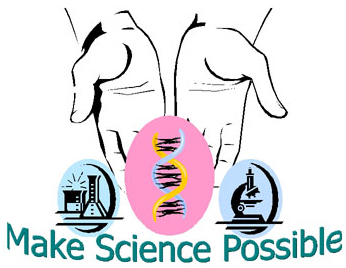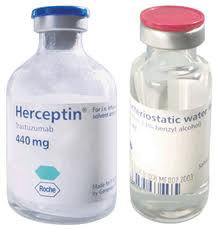If you’ve received a cancer diagnosis recently, you may be surprised to learn that in many cases, treatment options have not greatly changed over the past 15 to 20 years. For many types of cancer, surgery, usually followed by radiation, chemotherapy, and/or hormone therapy, continues to represent the “standard of care”.
Personalized therapy, consisting of a treatment with an agent that targets a specific molecular alteration in the cancer, may be available for treatment in a small subset of cancers, but this depends on whether specific molecular biomarkers have been identified for the particular tumor type.
In order to broaden the reach of personalized medicine to greater numbers of cancer patients, biomedical research requires help from patients, researchers, and the pharmaceutical/biotechnology industries.
- Patients need to be provided with information that helps them understand the importance of biospecimen donation; this may then persuade them to participate and donate.
- Researchers must continue to focus on identifying meaningful cancer biomarkers.
- Stakeholders must work together to identify successful means of creating additional tissue banks to facilitate and expedite the biomarker discovery process.
- Private industry, including pharmaceutical and biotechnology companies, must continue to focus on developing targeted treatments and the molecular diagnostics needed, besides conducting clinical trials to study agents’ safety and efficacy.







